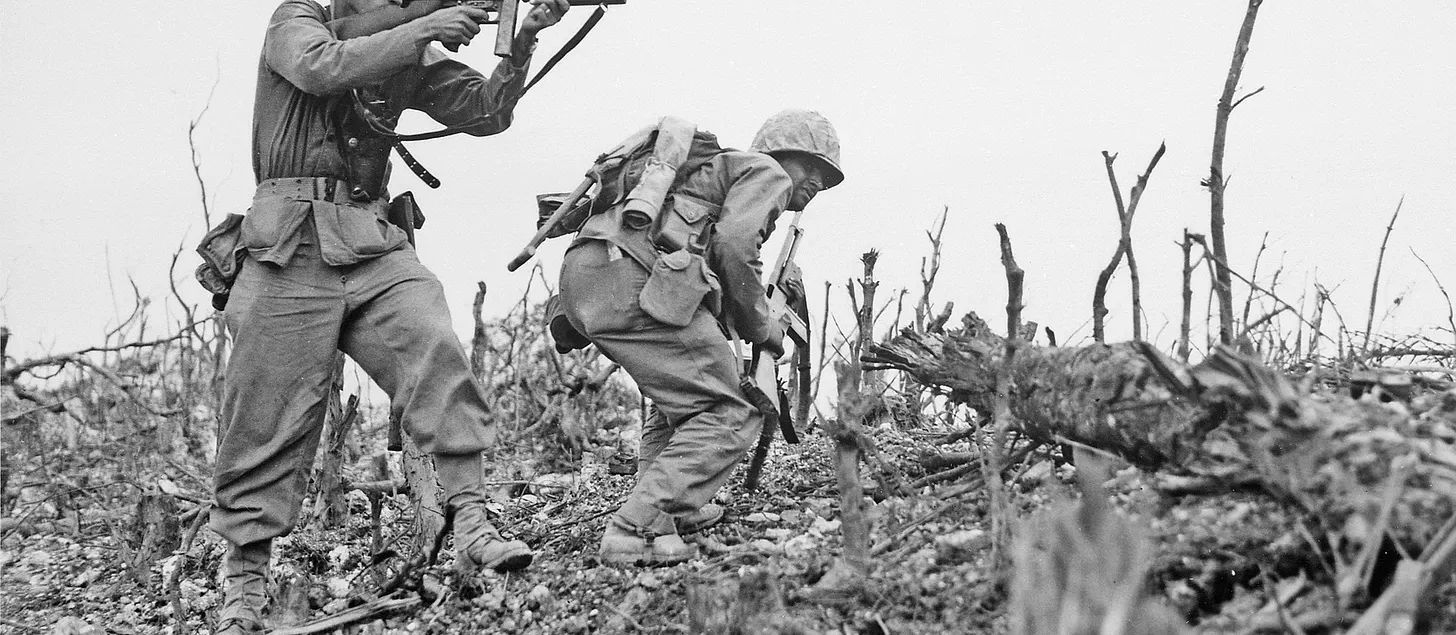Missional Enterprise in War-Time
How an 80-year-old Sermon Addresses Concerns of Our Day
As war ravages Ukraine, our hearts and minds are drawn to the challenges and suffering experienced by those affected by war. As we rightly focus our prayers and attention on their plight, we can easily question the significance of our work in light of such critical problems in the world.
In October of 1939, Oxford professor C.S. Lewis addressed the Oxford students in a chapel message and raised similar questions. Originally entitled “‘None Other Gods’: Culture in War-Time,” the address was later published as “Learning in War-Time” in a book of sermons entitled “The Weight of Glory.” In the sermon, Lewis considers a question of critical concern to young men at the outset of World War II: What is the significance of our daily activities like work and study in a time of war? Lewis’s insights from over 80 years ago can be of great insight and encouragement to us today.
Lewis presents the challenge:
What is the use of beginning a task which we have so little chance of finishing? Or, even if we ourselves should happen not to be interrupted by death or military service, why should we — indeed how can we – continue to take an interest in these placid occupations when the lives of our friends and the liberties of Europe are in the balance? Is it not like fiddling while Rome burns?
His answer?
First, he explains that we should not think of our situation as abnormal – “human life has always been lived on the edge of a precipice.” Furthermore, while for followers of Jesus, our devotion to God “must occupy the whole of life,” it is not “in the sense of excluding all our natural activities.” Using 1 Corinthians 10:31 to anchor his point, Lewis says,
The solution of this paradox is, of course, well known to you. “Whether ye eat or drink or whatsoever ye do, do all to the glory of God.” All our merely natural activities will be accepted, if they are offered to God, even the humblest: and all of them, even the noblest, will be sinful if they are not. Christianity does not simply replace our natural life and substitute a new one: it is rather a new organization which exploits, to its own supernatural ends, these natural materials.
While one may be called to respond in special ways in response to war, each person has “his own vocation” (from Latin “to call”) and certain callings are not especially “spiritual and meritorious.” “The work of a Beethoven, and the work of a charwoman, become spiritual on precisely the same condition, that of being offered to God, of being done humbly ‘as to the Lord’.”
Lewis concludes with counsel to the students to defend themselves against the enemies of “excitement,” “frustration,” and “fear.” And while an ongoing war can threaten our perspective, it can also cause us to remember our frailty and hold the future with an open hand. “Happy work is best done by the man who takes his long-term plans somewhat lightly and works from moment to moment ‘as to the Lord’.”
While keeping this perspective in mind, we can also be encouraged by the fact that missional enterprise has made a significant impact in both the fulfillment of the great commission and the restoration of society in lands struck by warfare and the crisis of refugees that warfare often creates. For an excellent overview of ways business as mission positively affects the refugees of war, check out this 2016 article from businessasmission.com: https://businessasmission.com/6-ways-refugees-migrants/. You can also hear the first-hand account of Christian entrepreneur Andrew Denysov in Ukraine, on an edition of the Faith-Driven Entrepreneur recorded earlier this month.
Verse(s) of the Week
So teach us to number our days
that we may get a heart of wisdom.
Psalm 90:12 ESV
Let’s ask God to teach us to see our days from his perspective. May that transform our everyday labors as we offer them joyfully and diligently unto the Lord for his glory.
